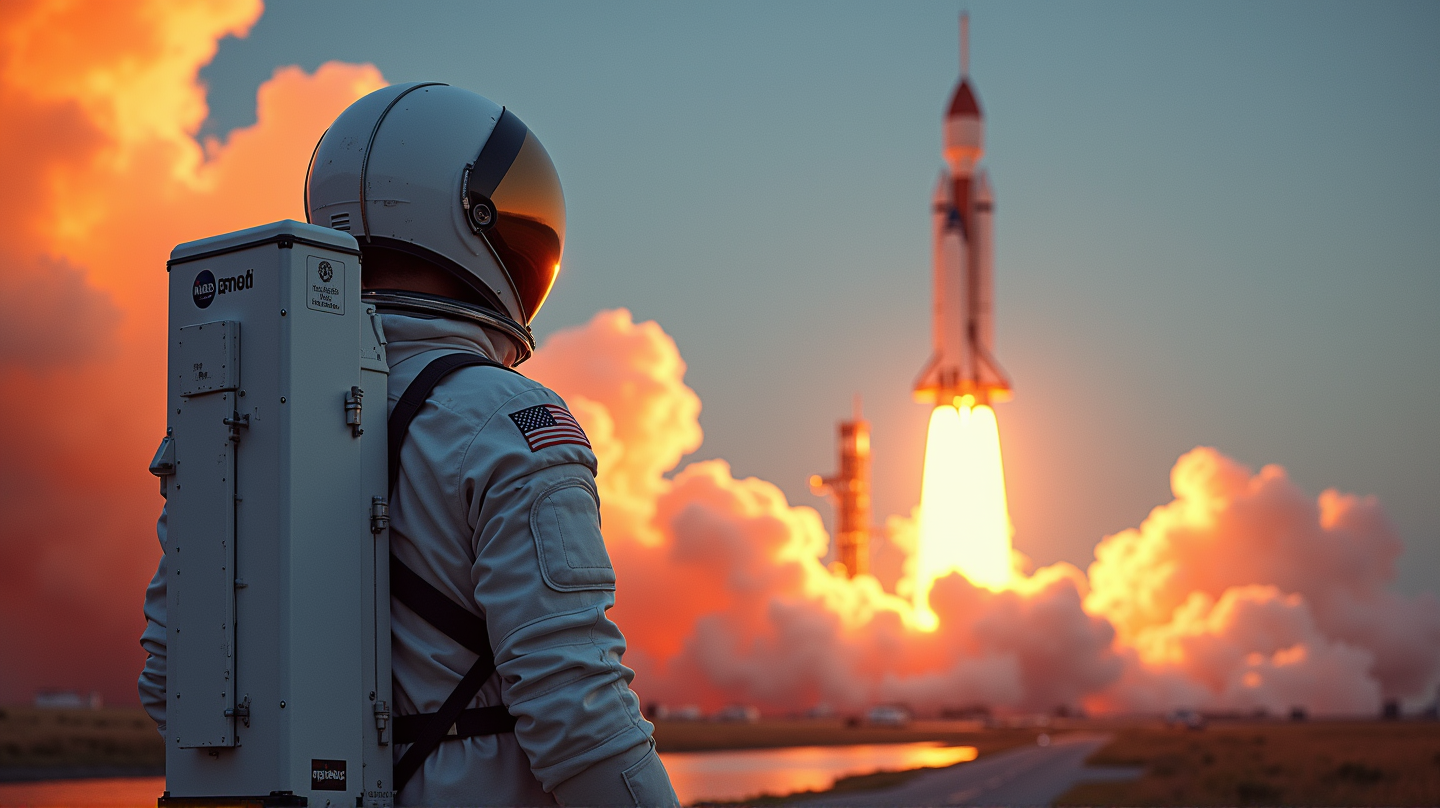India's First Leap to the Stars in Four Decades: Shubhanshu Shukla Embarks on a Space Odyssey
Indian astronaut Shubhanshu Shukla makes history with a groundbreaking space mission, launching from NASA's Kennedy Space Center with Axiom Space.

India is poised to embark on a historic space mission with astronaut Shubhanshu Shukla set to launch on June 8 from NASA’s Kennedy Space Center. The mission, designated as AX-4 and coordinated by Axiom Space, will see Shukla aboard SpaceX’s Falcon 9 rocket, marking India’s return to space exploration after four decades.
A Return to Space After Decades
The last Indian in space was Rakesh Sharma in 1984. Now, Shubhanshu Shukla prepares to follow in his steps, joining Polish and Hungarian astronauts. Axiom Space is reopening doors to space that had been shut since the Soviet era, and this mission represents a significant milestone in fostering international cooperation in space exploration.
The Journey Recap: What Lies Ahead
After liftoff, the Crew Dragon will be skillfully orbited and piloted by American astronaut Commander Becky Withesen, with Shukla providing essential support. They are joined by Hungarian astronaut Tibor Kapu and Poland’s Sławosz Uznański in a journey that will take approximately 28–36 hours to dock with the ISS.
Docking in Space: A Critical Maneuver
What might seem like a routine task, docking the spacecraft with the ISS resembles docking in a harbor but requires precision, given the need for an airtight seal in the vacuum of space. The success of this mission hinges on the seamless connection, ensuring astronaut safety and mission continuity.
Life Aboard the ISS
Upon arrival, astronauts face microgravity—a continuous state of freefall that uniquely affects human sensory perception and physical orientation. This environment, which lacks a clear “up” or “down,” challenges the body and the mind, offering a peculiar dimension to the life of an astronaut.
Living and Working in Microgravity
In microgravity, tasks take on a new dynamic as astronauts adapt physically and mentally to this weightless state. They will conduct scientific studies over a 14-day mission period, exploring not just the realm of physical sciences, such as microgravity’s effects on various materials, but also the adaptive capabilities of the human body.
Inspiration for Future Generations
This historic mission inspires dreams and aspirations for the upcoming generations, emphasizing that the sky is not the limit—it is merely the beginning. Shubhanshu Shukla’s journey signals India’s robust participation in global space exploration, expanding opportunities for future astronauts from diverse backgrounds.
As stated in The Federal, this mission underscores the collaborative spirit and technological prowess driving contemporary space endeavors while paving the way for even more ambitious projects that lie ahead.

